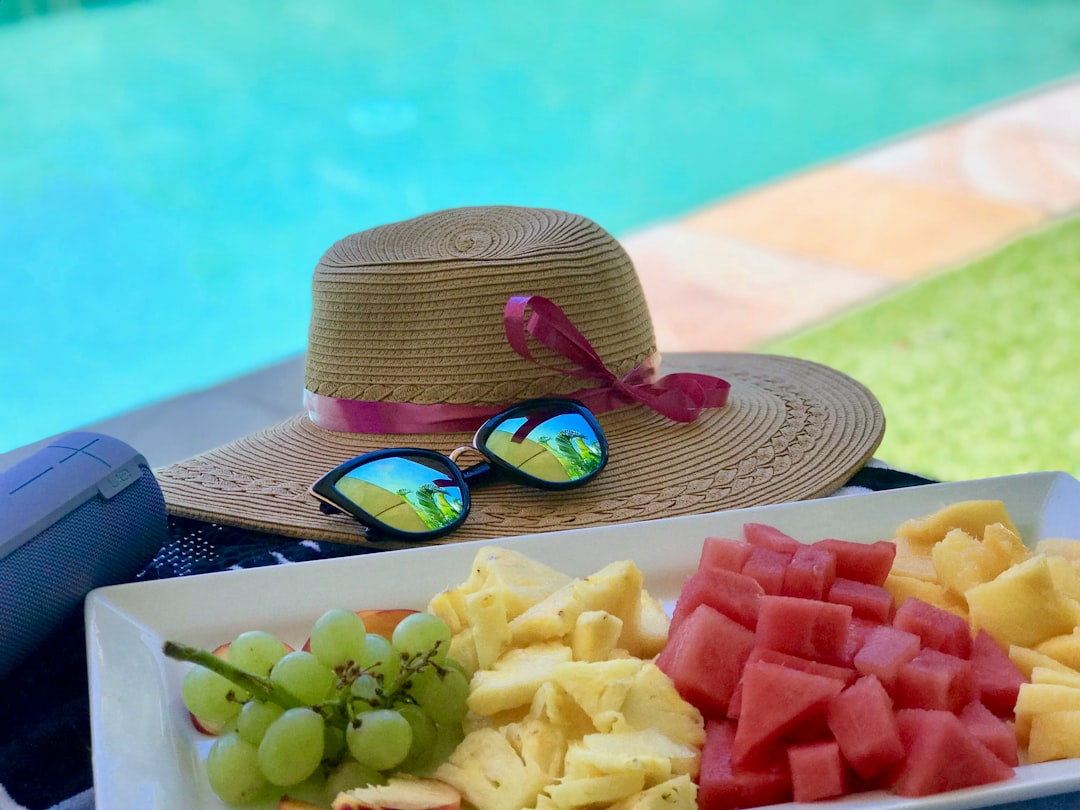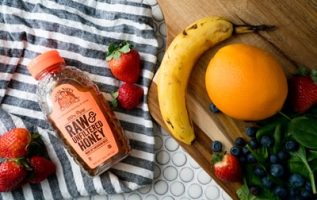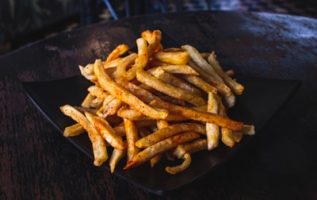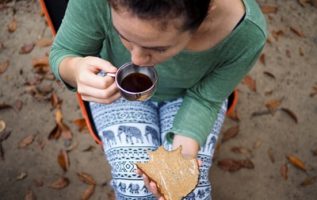Eating organic is currently the hottest trend that hit food during the last few years. With people growing largely concerned with health issues arising from genetically altered food, people are resorting to a more natural approach to get their food. Couple that with rising ethical issues regarding the treatment and future viability of both plants and animals, and the call for an organic approach doesn’t only have the potential to be a death sentence for your favorite restaurant. But at the same time, the knowledge and facts on organic food hold a lot of potential for encouraging a large scale shift in the approach towards conventional wisdom.
So what are the facts? What is sustainable agriculture? What is organic food? And is there proof that organic farming is a basically more environmentally friendly approach than conventional farming? If you have the potential to actually see the effects of organic farming first-hand, you may not find it in the form of pictures of tractors shipping off lots of crops by the truckload, rural communities Rise Up, and other do-gooder types. What you may find is a call to action, a steady drumbeat for change, and a growing consciousness about what’s actually being produced and why.
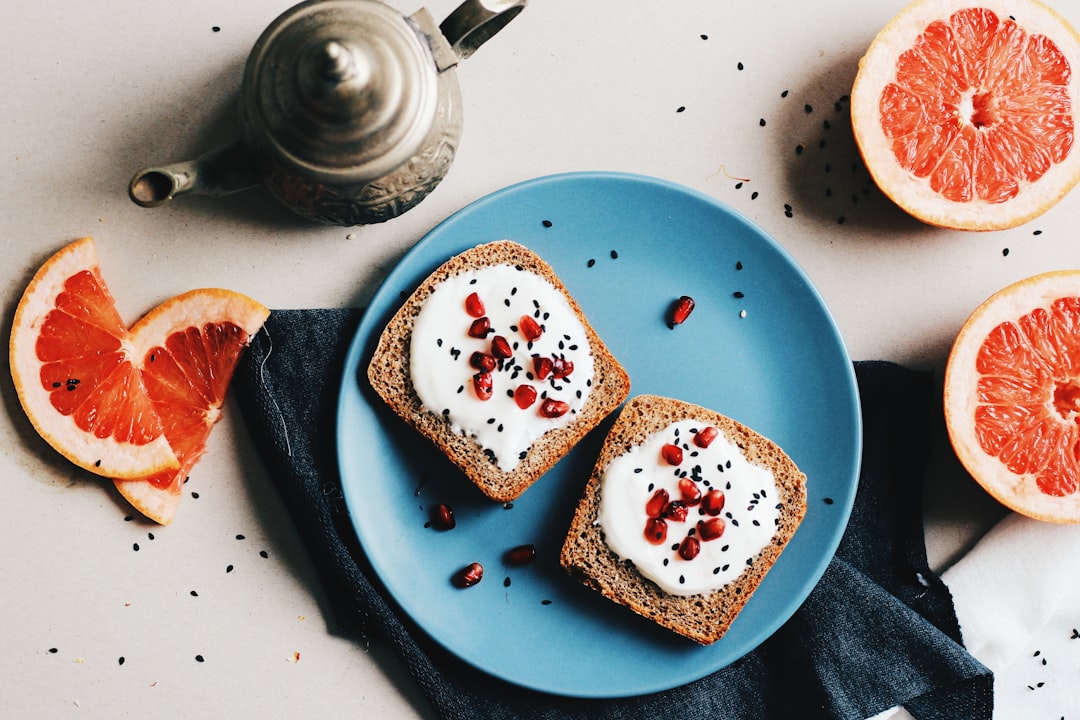
The practical necessities of getting large-scale food production off the ground in a safe and economical way has been a what seems to be an insoluble dilemma for quite a few. While I doubt that organic solutions are unattainable, it is my opinion that the present danger of ecological disasters is more due to our carelessness than to any tangible action that we can take to stop it. While this may sound like wishful thinking, it is largely true.
The more we think about it, the more we worry about reaching a point in which we cannot possibly achieve sustainable levels of consumption. If we cannot even get rid of weeds and pests in our food production, how can we possibly get the whole farm to run smoothly and safely? This is where third-party audited food production is going to come into play. provenance on organic practices is Central to the issue of whether or not we produce enough healthy food to keep our population from falling under the weather.
We do not average over 17% of our diet in organic form now, and that is something of a concern. Even though many people enjoy organic foods and there is some compelling evidence to support it, we also know that fresh fruits and vegetables are significantly more expensive because of the time it takes to process them. For example, it would take about 13,000 gallons of water to produce 1 pound of organic tomatoes compared to the conventional way of producing it which involves a little more than one gallon of water.
The concern is that when you compare apples to apples the organic apples will always look more appealing and fresher because they have a higher antioxidant content than the conventional one. It has been suggested that organic apples turn brown due to oxidation after spending weeks and months on a shelf.
This is of course a silly question. The only thing that really matters is whether apples taste good or not. We are all thick skinned and despite our desire to remain thin, we would soon become obese with excessive amounts of fat storing up in our midsections. A diet that is rich in fiber and whole grains has shown to have the opposite effect and many studies would indicate that it is this rather than the fat that isactivating the enzymes and making the fruits and vegetables taste sweeter and juicier.
The bottom line is that both organically grown and conventional fruits and vegetables have their own distinct advantages and disadvantages. Organic ones must be more carefully considered because of the reputation that apples and other fruit have. But if you are going to go organic, it makes sense to select the varieties that are the most beneficial for your particular diet.
